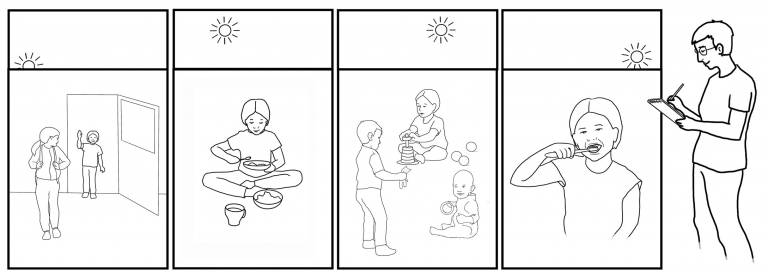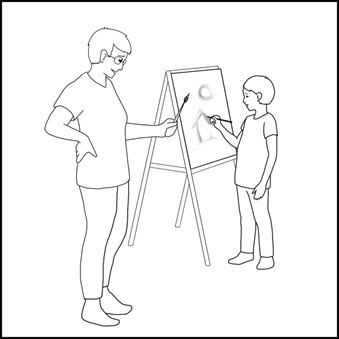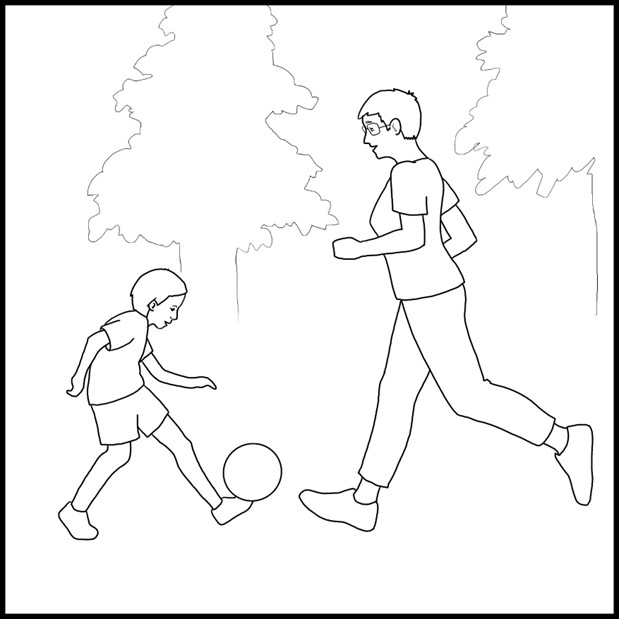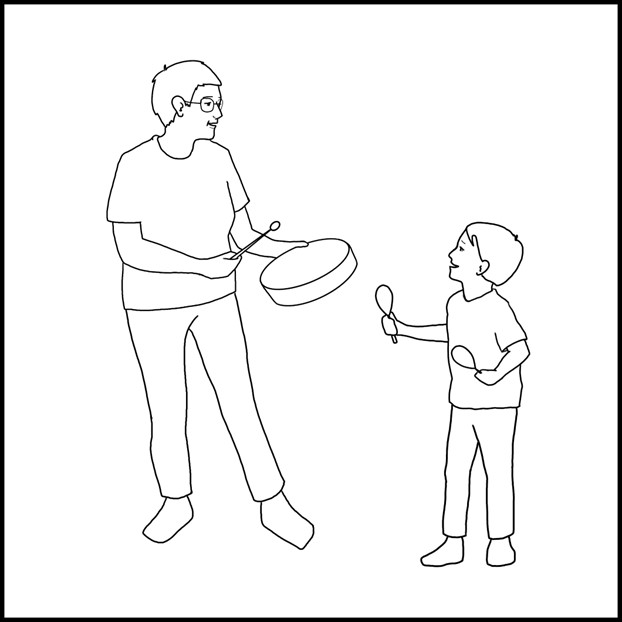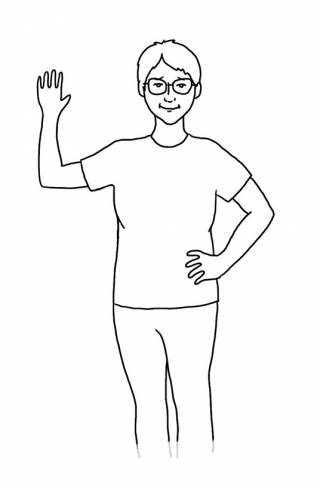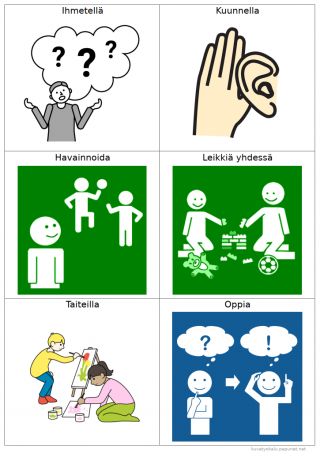Background
The number of children living in reception centres and the time they spend there have increased in the 21st century in Finland. Children and their families that are arriving as asylum seekers are placed in reception centres or private accommodation to await the decision of the Finnish Immigration Service on the asylum application.
The Immigration Offices asylum processes were jammed during the years 2015–2017, and the consequences of that are still visible: Decisions made in haste have been taken back to the Immigration Office for re-examination through the Administrative Court and the Supreme Court, in some cases several times.
For the asylum seekers this has meant a limbo in a between-stage for several years. Waiting times have become so long that some children have spent their entire early childhood in Finnish reception centres.
Due to the war that Russia started in 2022 against Ukraine, the possibility of temporary protection was established for Ukrainians who left their homes and sought refuge. Temporary protection means a residence permit granted for one year at a time in Finland.
This means that there are currently people staying in Finnish reception centres, some of whom have already lived there for more than seven years, as well as people who have arrived during the years 2022 and 2023.
The goals of this research
With this research I will produce information for the field of translocal childhood research, utilizing an ethnographic research approach, art-oriented working methods and a new-materialist reading of the produced material.
In other words, I am doing research with children who have ties to many different geographical locations. I produce knowledge by spending time with the children, observing their everyday lives, talking with people present in their lives, and implementing art-oriented events.
I am asking questions such as
- what meanings does the state of uncertainty caused by the asylum process or the war at home bring to children’s everyday activities?
- what kind of childhoods do the spaces and places, the goods and the rules of the reception centre enable – and what do the children themselves miss and wish for in their material presence?
- how the themes of passing time, waiting, and planning are visible in children’s lives?
With the knowledge produced by this research, it is possible to consider children’s point of view in decision-making regarding their everyday life.
Impact
My research offers to communities and society the opportunity to hear children’s experiences of what it is like to spend their childhood in a reception centre. With the help of this information, both the authorities and other actors can develop their activities in a direction that takes children’s needs and situations into account.
With the information produced, it is possible to modify practices that support children’s growth and development in a more inclusive direction, so that all children living in Finland can feel that they belong to the local and national community and feel that they are heard and that they have opportunities to influence their own everyday life.
In the future, the production of information related to immigration will only be more important to prevent polarization and to develop practices that respect people and their rights.
Funding
My research is funded by
Oskar Öflunds Stiftelse sr – 5 000€
Koneen Säätiö – 136 400€

